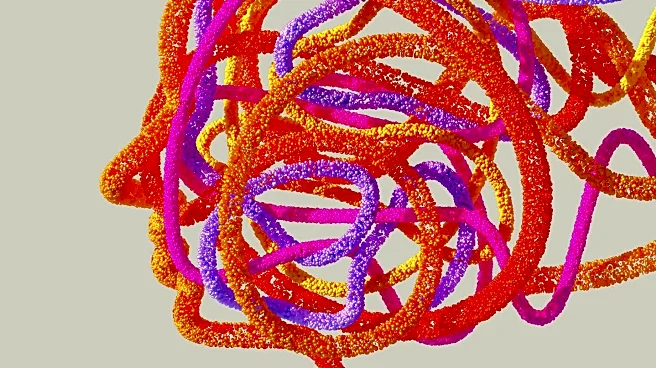What is the story about?
What's Happening?
A recent study has identified biallelic pathogenic variants in the TSEN2 gene as a cause of pontocerebellar hypoplasia type 2 (PCH2), a rare neurodegenerative disorder. The study focuses on a 7-year-old girl exhibiting typical symptoms of PCH2, such as progressive microcephaly, epilepsy, developmental delay, cerebellar atrophy, and dystonia. Exome sequencing revealed compound heterozygous TSEN2 variants, including a known missense variant and a novel nonsense variant. Structural modeling indicated that these variants affect the TSEN2-TSEN54 interface and the catalytic domain, contributing to severe clinical symptoms.
Why It's Important?
The identification of TSEN2 variants expands the understanding of the genetic basis of PCH2, providing insights into genotype-phenotype correlations. This research highlights the importance of integrating structural modeling with clinical data to refine diagnostic criteria and treatment approaches for rare genetic disorders. The findings could lead to improved genetic counseling and targeted therapies, benefiting patients and families affected by PCH2.
What's Next?
Further research is needed to explore the full spectrum of TSEN2 mutations and their impact on PCH2. Clinical studies may focus on developing therapeutic interventions that address the specific genetic and structural abnormalities identified. Genetic testing and counseling could become more precise, aiding in early diagnosis and management of PCH2.
Beyond the Headlines
The study underscores the potential of personalized medicine in treating genetic disorders. By understanding the specific genetic mutations and their effects, healthcare providers can tailor treatments to individual patients, potentially improving outcomes and quality of life. This approach may also influence future research in other neurodegenerative diseases.















